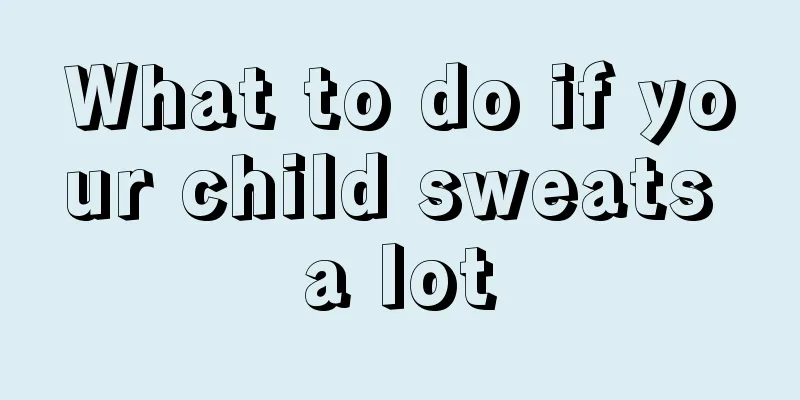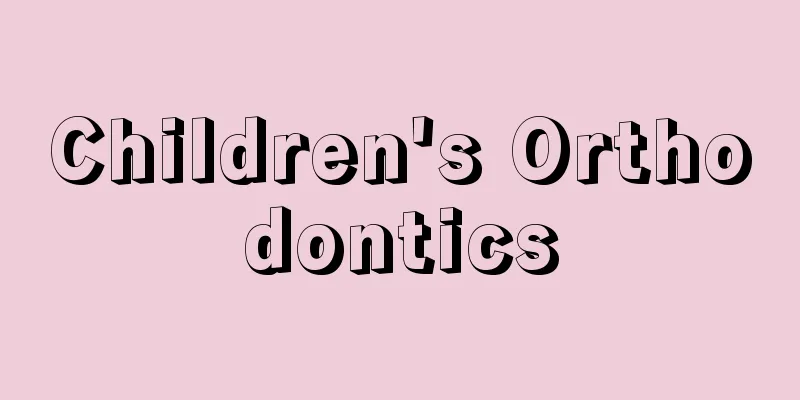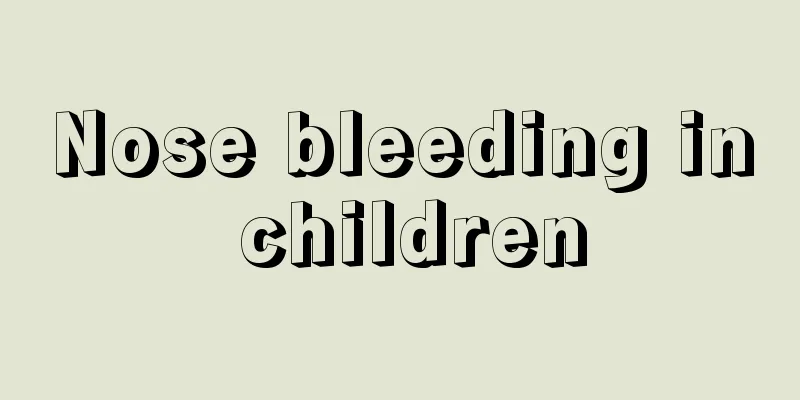What are some tips for treating a child's stuffy nose?

|
The physical condition of the child is what worries mothers the most. Since the children are still young and have low resistance, they are easily affected by the external environment and infected by bacteria, so minor problems may occur from time to time. For example, a child has a stuffy nose. At this time, mothers should not be anxious. First, understand why the child's nose is blocked, and then take appropriate measures according to the symptoms. Also try the following tips. 1. Use steam to fumigate your nose. You can open the lid of the thermos and slowly let your child get closer to the steam, without burning his face. Let the steam fumigate his nose to help nasal ventilation. It will be effective after about 10 minutes each time. 2. Use a nasal aspirator to suck out the mucus. If the child is young and cannot blow his nose, you can use a nasal aspirator to help him suck out the snot. Be careful not to suck too hard. After blowing out the snot, the baby will feel that his nose is more unobstructed. Because nasal discharge during a cold is a manifestation of the body's immunity, and the cold virus multiplies in large numbers in the nasal tissue cells, the secreted nasal discharge can carry the large numbers of multiplied viruses out of the body, which is a way for the body to detoxify, so the nasal discharge must be cleaned up in a timely manner. 3. If it is a cold or typhoid fever, you can let your child drink brown sugar ginger water. Add more ginger and make sure it is not spicy. Let your child sleep after drinking it. It is best to cover him with a quilt to sweat. This will help the cold get better and the nose will no longer be blocked. 4. Massage your nose. You can use your thumb and index finger to massage your nose from the corner of the eye downward and then upward to promote normal blood circulation in the nose and help relieve nasal congestion symptoms. 5. Use a nasal patch to cure it. Although it is not recommended to use it frequently, if the child has severe nasal congestion, it can be used appropriately to relieve the symptoms. After all, children's bodies are still in a fragile period of development, so it is not recommended for mothers to give their children medication at every turn. This is not conducive to improving children's immunity or their healthy growth. When children have some minor problems, it is best to try some tips. The above tips for children’s nasal congestion are very practical. If you still encounter this situation, you might as well give it a try. If the condition does not improve, there is no rush to consult a doctor. |
<<: Symptoms and causes of fright in newborns
>>: How much artificial feeding should a newborn baby receive?
Recommend
At what age is it best for children to change their teeth?
The baby's deciduous teeth will grow when he ...
Baby only rolls over on one side
Generally speaking, a baby should be able to roll...
12 symptoms of teething in babies
When the baby is three or four months old, he is ...
What should I do if my child has laryngitis and cough?
Pharyngitis is a disease that can occur in people...
Use sesame oil on baby's lip
Babies in their early childhood are very naughty....
How should babies eat iron-rich foods?
Iron is the most abundant essential trace element...
Which material is better for baby bottles?
A milk bottle is something that every baby must u...
What should I do if my child has asthma and cough?
People of different age groups suffer from asthma...
Seven month old baby can't crawl
Everyone knows that during the growth process of ...
Northeast Kindergarten Recipes
As babies grow older, many of them have to leave ...
High risk of jaundice after full moon
Many newborns will experience jaundice, which is ...
What should I do if my six-year-old child has recurring fever?
Fever is a very common disease for us. Because it...
Causes of goiter in children
Children's goiter may be caused by thyroid en...
Do newborns need to take cod liver oil?
Cod liver oil is a common thing in people's d...
What to do if your baby's teeth are calcified
We all know that oral hygiene issues for babies s...









